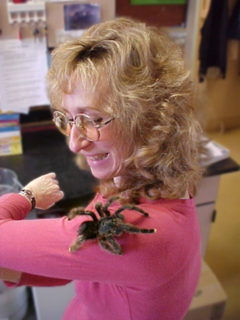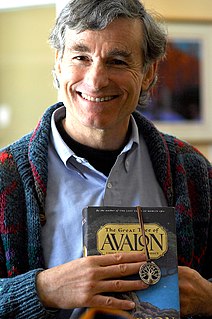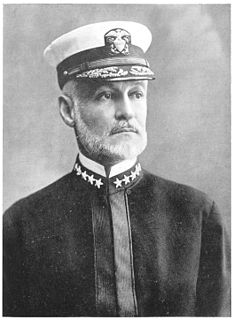A Quote by Noam Chomsky
Like other organisms, humans have a certain genetic endowment (apparently varying little in the species, not a surprise considering its recent separation from other hominids). That determines what we call their nature.
Related Quotes
Evolutionary biologists often appeal to parsimony when they seek to explain why organisms "match" with respect to a given trait. For example, why do almost all the organisms that are alive today on our planet use the same genetic code? If they share a common ancestor, the code could have evolved just once and then been inherited from the most recent common ancestor that present organisms share. On the other hand, if organisms in different species share no common ancestors, the code must have evolved repeatedly.
If any value is deeply evolutionarily familiar, it is reproductive success. If any value is truly unnatural, if there is one thing that humans (and all other species in nature) are decisively not designed for, it is voluntary childlessness. All living organisms in nature, including humans, are evolutionarily designed to reproduce. Reproductive success is the ultimate end of all biological existence.
There is part of a structure in which every species is related to every other species. And they're built up on species, like a pyramid. The simpler cell organisms, and then the more complicated ones, all the way up to the mammals and birds and so forth. We call it 'developing upward'... The whole thing depends on every part of it. And we're taking out the stones from the pyramid.
It was not that I disliked people; some of them were interesting and kind. But even the nice ones were no more compelling or important to me than other creatures. Then, as now, to me humans are but one species among billions of other equally vivid and thrilling lives. I was never drawn to other children simply because they were human. Humans seemed to me a rather bullying species, and I was on the side of the underdog.
The classical argument for why a supposedly decent and moral creature like Homo sapiens can mistreat and even extirpate other species rests upon an extreme position in a continuum. The Cartesian tradition, formulated explicitly in the seventeenth century, but developed in "folk" and other versions throughout human history no doubt, holds that other animals are little more than unfeeling machines, with only humans enjoying "consciousness," however defined.
It must be stressed that there is nothing insulting about looking at people as animals. We are animals, after all. Homo sapiens is a species of primate, a biological phenomenon dominated by biological rules, like any other species. Human nature is no more than one particular kind of animal nature. Agreed, the human species is an extraordinary animal; but all other species are also extraordinary animals, each in their own way, and the scientific man-watcher can bring many fresh insights to the study of human affairs if he can retain this basic attitude of evolutionary humility.
My aim is to advocate that we make this mental switch in respect of our attitudes and practices towards a very large group of beings: members of species other than our own - or, as we popularly though misleadingly call them, animals. In other words, I am urging that we extend to other species the basic principle of equality that most of us recognize should be extended to all members of our own species.
I've argued that many of what philosophers call moral sentiments can be seen in other species. In chimpanzees and other animals, you see examples of sympathy, empathy, reciprocity, a willingness to follow social rules. Dogs are a good example of a species that have and obey social rules; that's why we like them so much, even though they're large carnivores.
Without birds to feed on them, the insects would multiply catastrophically. The insects, not man or other proud species, are really the only ones fitted for survival in the nuclear age. The cockroach, a venerable and hardy species, will take over the habitats of the foolish humans, and compete only with other insects or bacteria.




































